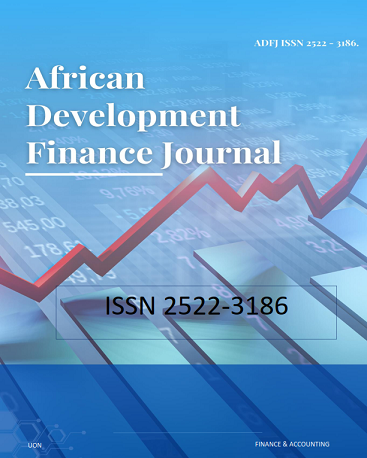The Economic Impact of Climate Change on Nigeria’s Agriculture and Food Security
Abstract
Climate change poses a significant threat to Nigeria's agriculture and food security, impacting the nation's economy, environment, and the livelihoods of its population. As the most populous country in Africa, Nigeria relies heavily on rain-fed agriculture, making it particularly vulnerable to changing climate patterns, such as rising temperatures, altered rainfall, and extreme weather events. Inadequate infrastructure, limited access to modern farming methods, and a growing population exacerbate these challenges. This paper provides a comprehensive analysis of the economic impacts of climate change on Nigeria's agricultural sector, focusing on the implications for food security. It evaluates existing policies, identifies gaps, and suggests improvements while applying metrics to measure the effects on food availability, access, utilization, and stability. The findings highlight the urgent need for climate-smart agricultural practices, effective policy interventions, and investment in sustainable technologies to mitigate the adverse effects of climate change. Recommendations include enhancing adaptation and mitigation strategies, strengthening institutional frameworks, and promoting public awareness to build a climate-resilient agricultural sector and ensure long-term food security in Nigeria.
Keywords: Climate Change, Agriculture, Government Policy, Food Availability, Mitigation

